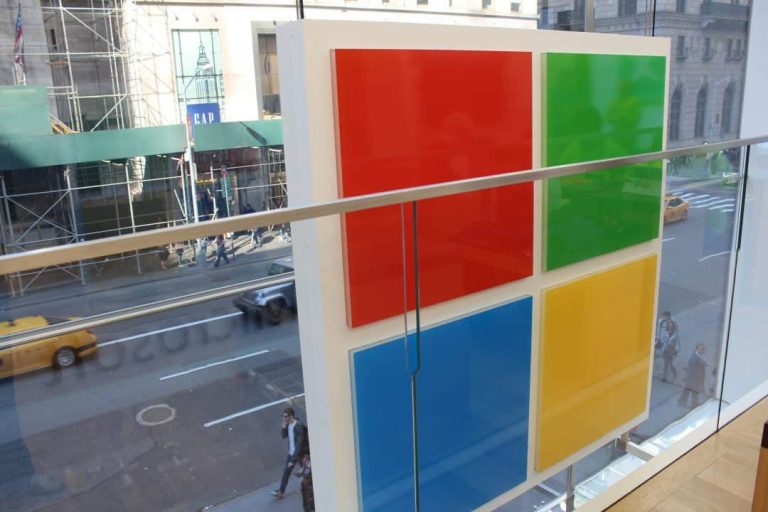The driverless future of automobiles is is becoming more of a certainty every week. Last month, the first self-driving taxi’s hit the streets in Singapore. Just last week, Uber unveiled their first self-driving taxis in Pittsburgh.
These are still just pilot programs. In both cases, there are researchers present and ready to take over driving at a moment’s notice. With virtually every car manufacturer now openly discussing the future of self-driving cars, that future is starting to feel more and more inevitable.
Mainstream driverless cars are still years away from mass adoption. Numerous industries have a considerable amount of research and hard work in front of them on the arduous path of transforming themselves. So how do companies in the automotive industry transform into digital companies and embrace the connected future of transportation? Microsoft is helping answer this question with a new report titled “The future of automotive: Scenarios driving the digital transformation of an industry.”
Microsoft has some experience helping companies undergo digital transformations. The technology giant has identified some key questions for companies to consider when building their roadmap for transforming themselves into a digital business. Questions like “how does the customer experience change from sales to service” and ” how does digital open the possibilities to transform products, business and, perhaps, the industry?”
Microsoft then applied these key questions to the automotive industry to provide a report with multiple scenarios to consider as the industry undergoes a digital transformation. The report considers how digital connected and self-driving cars will change the way automobiles are manufactured, consumer’s concept of owning a car, and the potential for growth as access to affordable transportation is democratized across the globe.
Anand Eswaran, Corporate VP of Worldwide Services for Microsoft, says in today’s announcement of the report:
Microsoft is partnering with automotive companies worldwide to provide the digital platform to help you rethink the possibilities for human mobility. This report surfaces “what could be” in the digital transformation of the automotive arena. Welcome to the era of the connected company. The connected people. The connected world at large.
The report goes on to cover how digital will transform everything from supply chain and manufacturing of automobiles to dealerships, financing, insurance, and service. And it is a smart position for Microsoft to take producing this report. As the report states, the digital transformation of the automotive industry could create $670 billion industry value and $3 trillion in society value by 2025.
By issuing this report, Microsoft most likely is hoping to position their expertise in cloud computing and digital transformations as a go-to source for companies hoping to adapt to the future. It would be an enviable position for Microsoft if they can become the auto industry’s key technology partner as they come to use the cloud for the future of their business. It would appear Microsoft would like companies to rely on everything from Azure, to Office, to Dynamics, and Cortana Intelligence in order to make fleets of self-driving cars.


